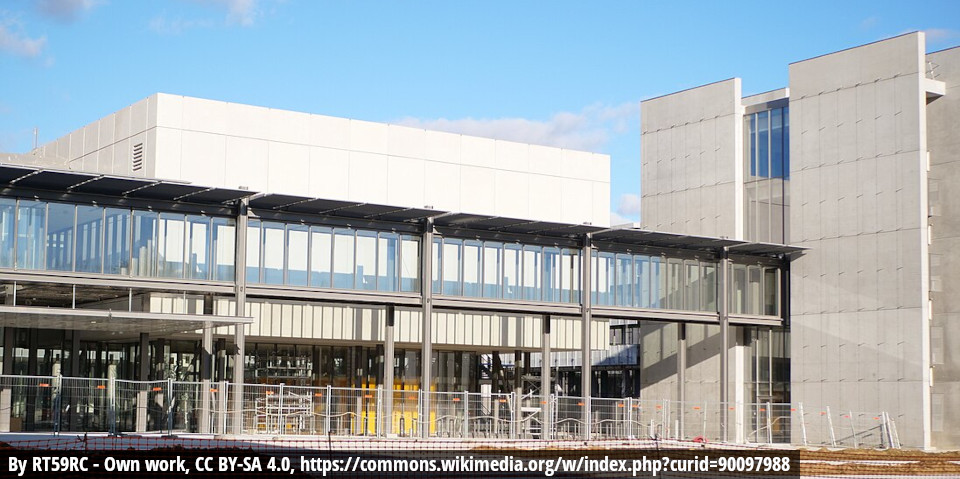Context: In Europe, the Western honey bee Apis mellifera has a dual nature as a managed and wild species (Requier et al. 2019). Although wild-living populations of A. mellifera are a threatened component of the native fauna, too little attention has been paid to monitoring these populations (Requier & Crewe 2019, Seeley 2019a). However, recent studies have shown that wild-living colonies of A. mellifera occur in the forests of northern Poland (Oleksa et al. 2013) and central Germany (Kohl & Rutschmann 2018). Cavities dug by woodpeckers or resulting from wood decay are the main nesting sites for these wild colonies in forests (Requier et al. 2020). However, knowledge of the ecology of wild-living honey bee colonies is very limited, representing an obstacle to the establishment of a conservation status (IUCN).
Objectives: The aim of this PhD project is to study the ecology of wild-liwing honey bees in protected forest areas in France. This thesis is part of a European research programme (FREE-B 2025-2028 project, BIODIVERSA+ funding) which aims to monitor wild-living honey bee colonies in Europe in order to conserve diversity, ensure resilience and promote transformative change in beekeeping with nature-based solutions. The PhD student will have the opportunity to join this programme and develop research on honey bee ecology in France. In this context, field campagnes will be carried out in 2025 and 2026, using original monitoring techniques such as the bee lining technique (Seeley 2019b), which aims to track foragers in the landscape. The PhD student will also be able to rely on monitoring data collected since 2022 to ensure robust statistical analyses.
Profile and skills requested:
– MSc in Ecology, Agroecology, Zoology or a related field
– Knowledge of evolutionary ecology and behavioral ecology
– Knowledge of pollinator ecology and / or beekeeping will be appreciated
– Strong interest in statistics, modelling and programming; proficiency with the R software (www.r-project.org)
– Motivation for field monitoring
– Rigor, autonomy, and interpersonal skills
– French and English proficiency
– Writing skills
– Driving license
Conditions: A 3-year PhD contract starting in March/April 2025. Gross monthly remuneration according to public services positions in France of about 2200€. The doctoral student will integrate the UMR EGCE (www.egce.universite-paris-saclay.fr) and will be registered at the ABIES doctoral school (www.abies.agroparistech.fr).
Lab & supervision:
PhD supervisor: Fabrice Requier (https://www.egce.universite-paris-saclay.fr/?p=18275)
Co-supervisor: François Rebaudo (https://www.egce.universite-paris-saclay.fr/?p=798)
Lab: UMR EGCE (https://www.egce.universite-paris-saclay.fr), pôle Evolution et Ecologie, bâtiment IDEEV, 12 route 128, Gif-sur-Yvette (91).
Application procedures: Send your application in a single pdf file by email to à fabrice.requier@ird.fr and francois.rebaudo@ird.fr no later than January 20, 2025. Title your email “PhD student position 2025 – Ecology of honey bees under natural conditions”. Your application must include (i) a letter stating your motivations for this project, (ii) a CV and (iii) the names (with e-mail addresses) of two referees. The interviews will take place at the end of January for a start of the contract in March/April 2025.










